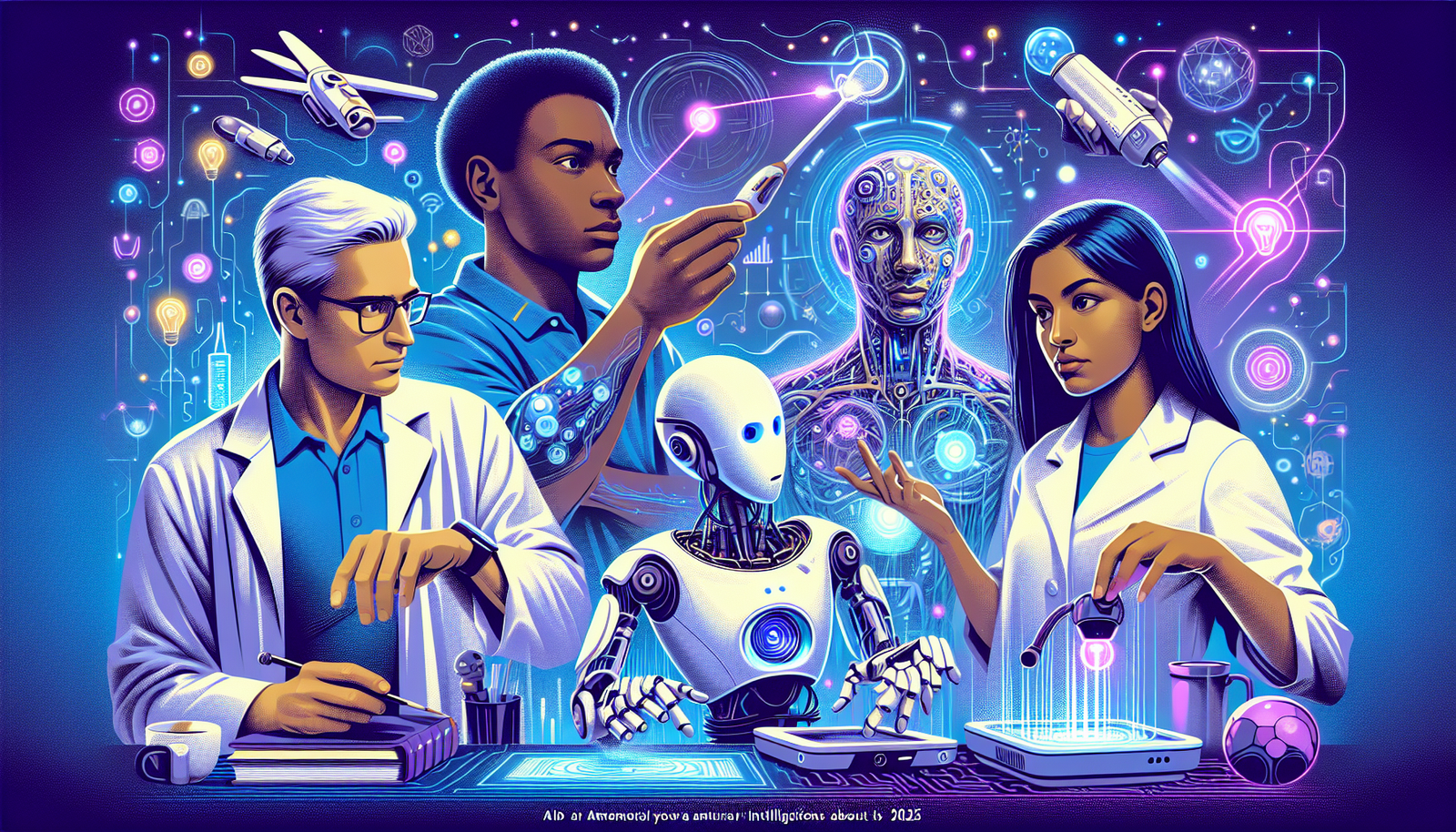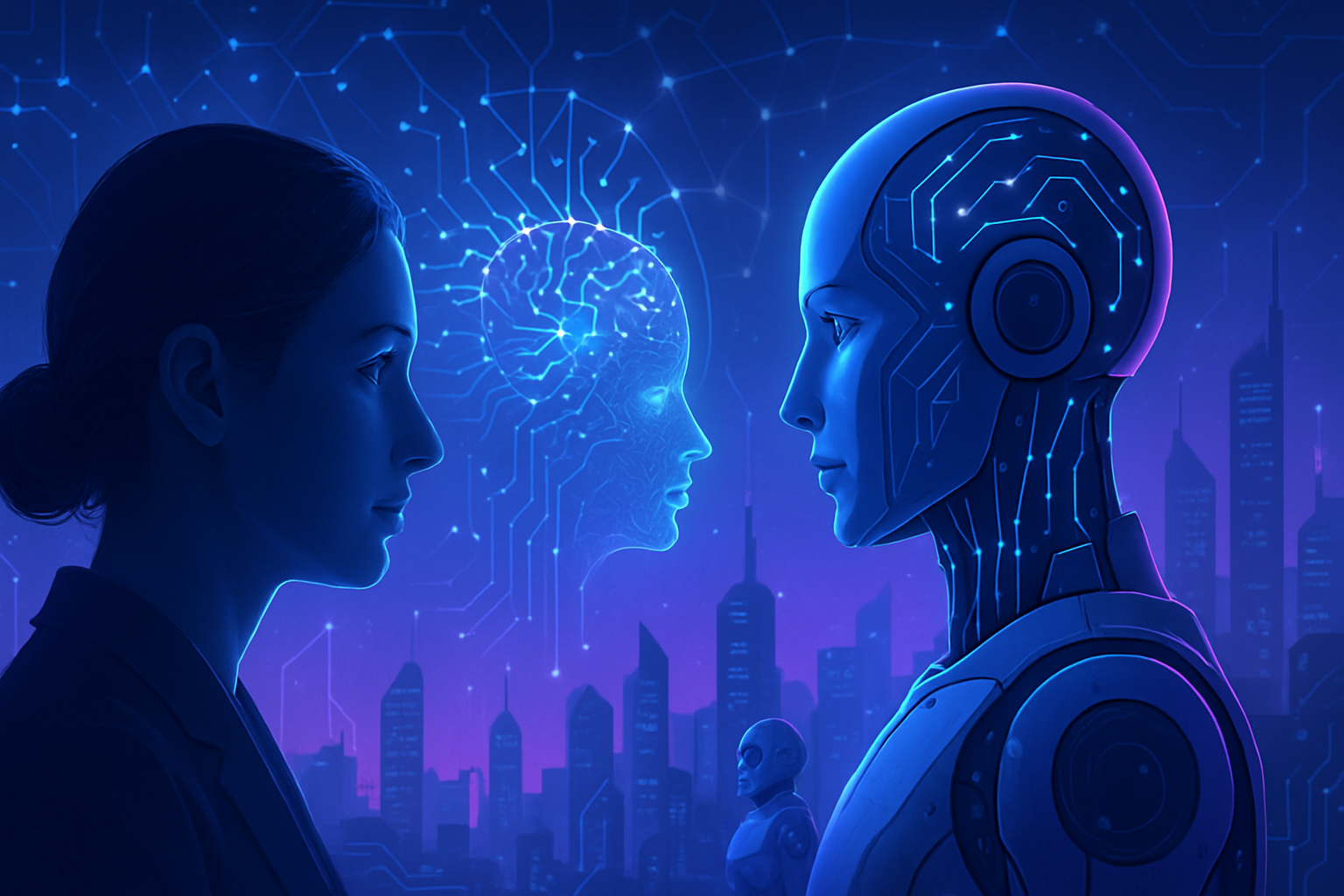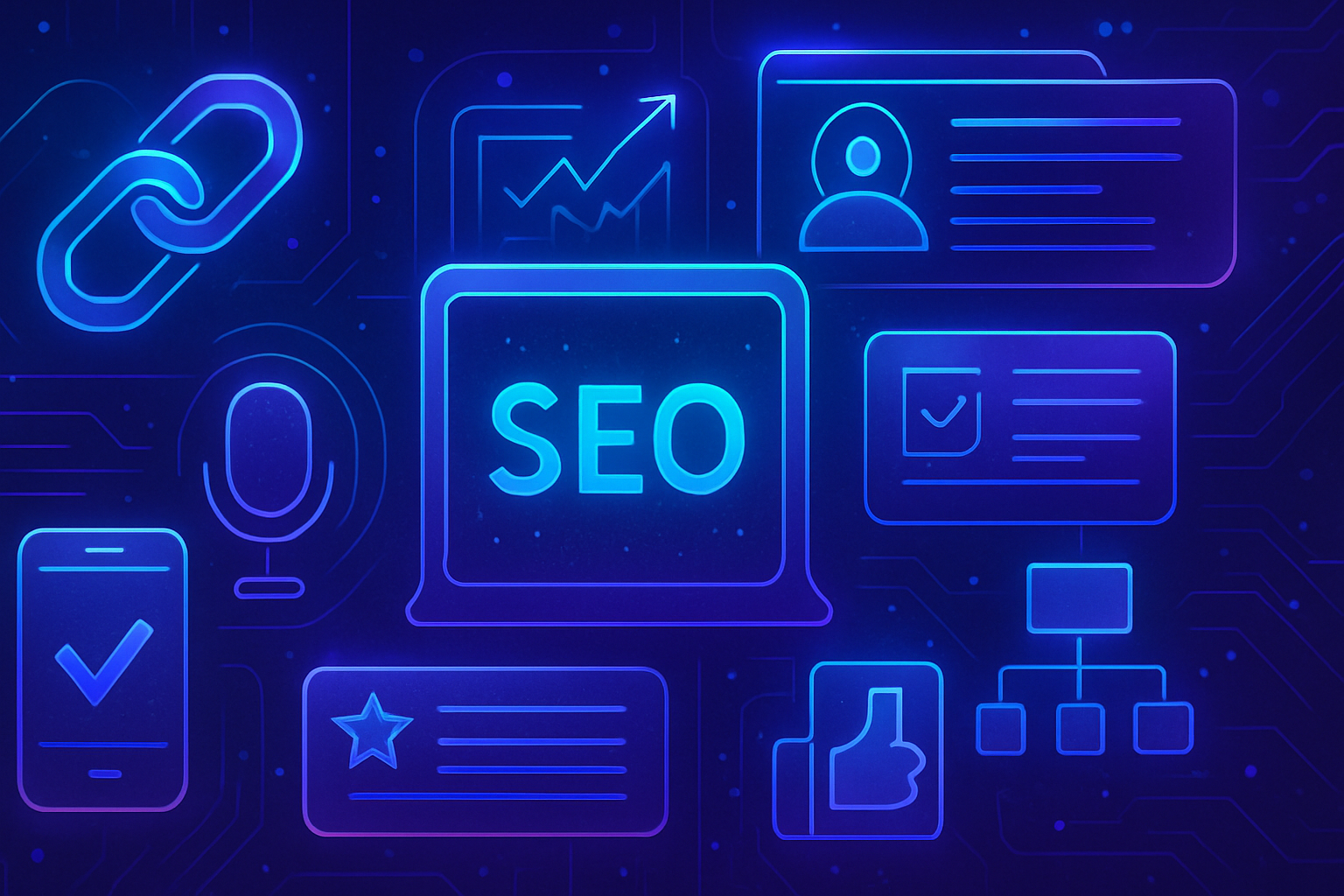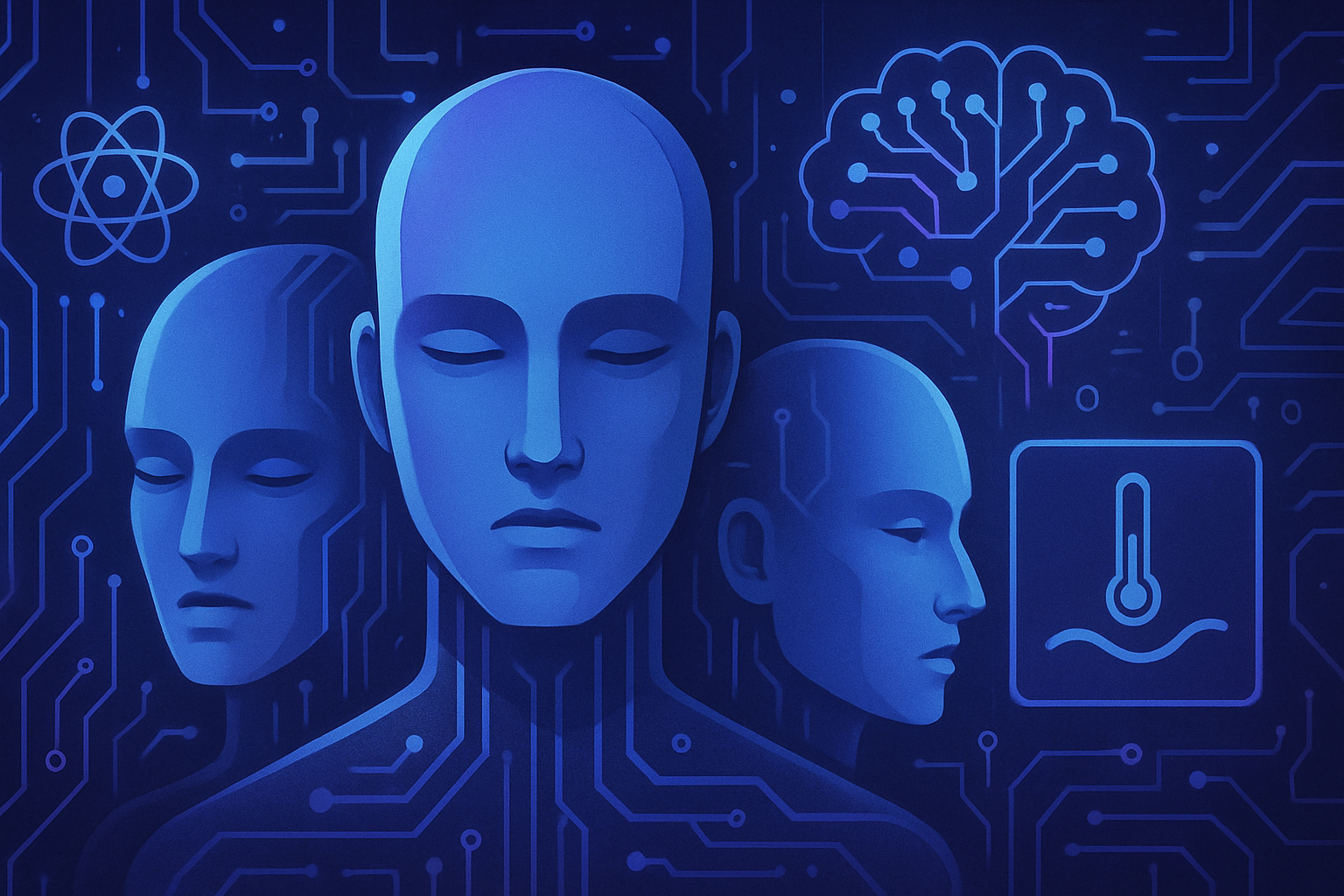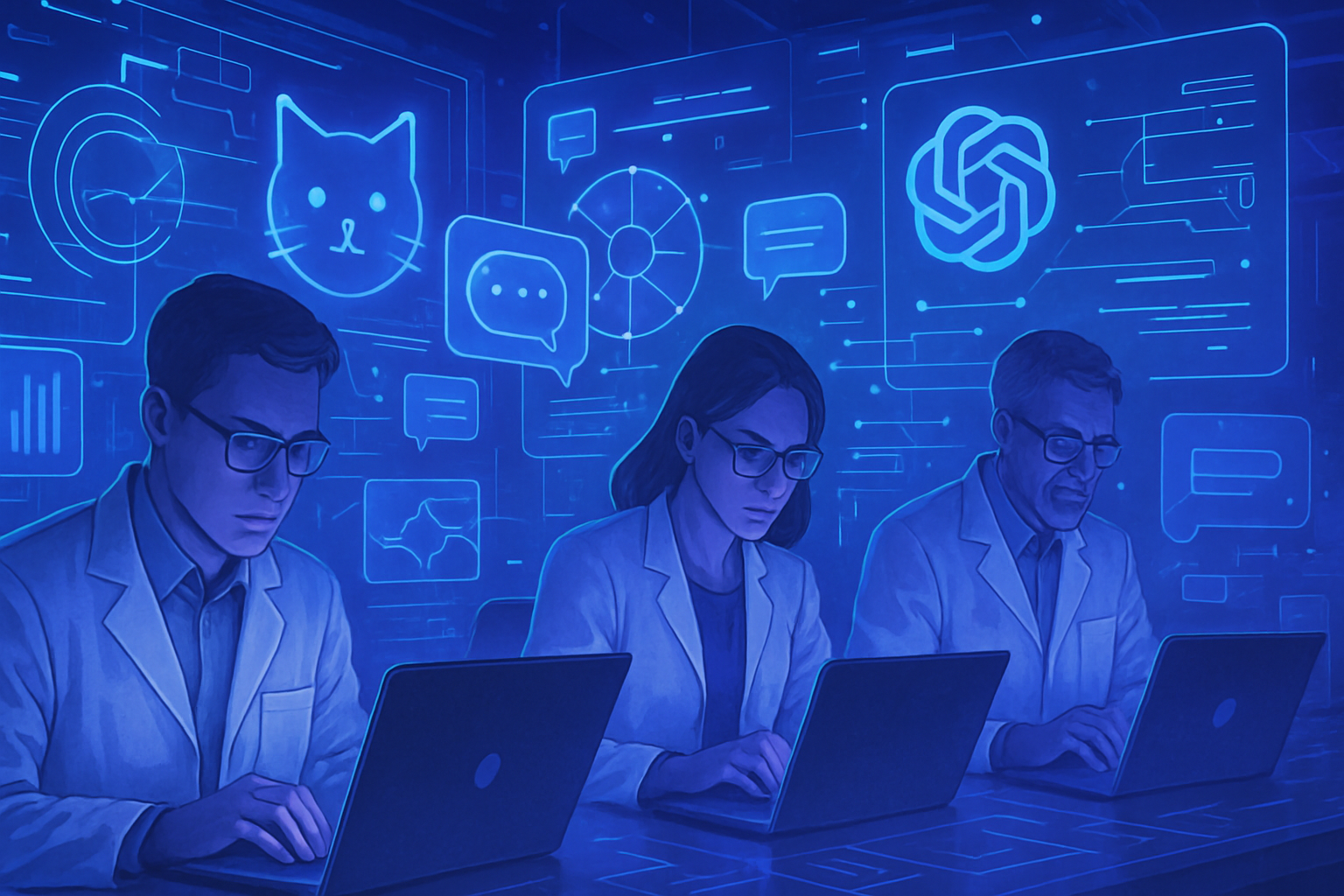The stakes of artificial intelligence are escalating, redefining our interaction with technology. New dynamics are emerging, making innovation tangible and ubiquitous. AI agents and autonomous systems are altering traditional paradigms, prompting a deep reflection on ethics. The rise of these tools raises questions about data security and accessibility while offering unprecedented opportunities for humanitarian progress.
A transformed interaction with AI agents
Artificial intelligence agents, often referred to as “co-pilots,” are expected to evolve significantly by 2025. Their integration into various aspects of daily life is changing our approach to web navigation. These virtual assistants will become more proactive, anticipating user needs through advanced learning algorithms. Such evolution will enable greater personalization, making interactions more intuitive and natural.
Advances tempered by caution
As technological breakthroughs multiply, a certain caution has settled within companies. Senior executives are facing increasing ethical and regulatory challenges regarding the use of AI. This caution does not stifle innovation but necessitates a thorough reflection on societal implications. Discussions around the responsibility of algorithms are gaining momentum, particularly in sectors such as health and security.
An expanding AI bubble
The addressable market for artificial intelligence appears to be virtually limitless, attracting numerous investors. The acceleration of investments in AI technologies continues to grow, driven by an ever-increasing demand for efficiency and automation. Software incorporating AI capabilities is becoming essential, redefining industrial performance standards. However, particular attention must be paid to the sustainability of this growth in the face of potential market corrections.
The challenges and opportunities of cybersecurity
Advances in AI will have a dual impact on the cybersecurity sector. On one hand, AI-based technologies will better anticipate and counter cyber threats. On the other, new vulnerabilities will emerge, caused by the malicious exploitation of these same technologies. The need for cross-sector collaboration will be increasingly relevant to cope with potential dangers. Companies will need to adopt innovative security measures, integrating AI systems to protect their critical infrastructures.
Frequently asked questions
What are the main forecasts for artificial intelligence in 2025?
Forecasts for 2025 suggest significant advancements in human interaction with artificial intelligence agents, increased integration of AI in businesses, greater focus on ethical implications, and a growing dynamic in debates surrounding AI regulation.
How will artificial intelligence transform businesses by 2025?
Businesses are expected to adopt AI to automate processes, optimize data analysis, and enhance customer experience. This could also lead to an evolution of employee roles, focused on tasks requiring more creativity and critical thinking.
What are the ethical implications related to the increasing use of AI in 2025?
The rise of AI systems raises questions about data privacy, algorithm transparency, and accountability for decisions made by these systems. By 2025, better awareness and regulations may emerge to address these concerns.
What types of AI agents are predicted for 2025 and how will they impact our daily lives?
AI agents, often called “co-pilots,” are expected to become more sophisticated, thus facilitating interaction with the web and other technologies. This promises to transform how we accomplish our daily tasks and will overall enhance our efficiency.
Why is it crucial to discuss the risks associated with AI in 2025?
With the acceleration of technological developments, it is essential to evaluate the risks associated with AI to prevent abuse, discrimination, and to maintain safety. This vigilance is crucial to ensure that AI is used beneficially and ethically.
